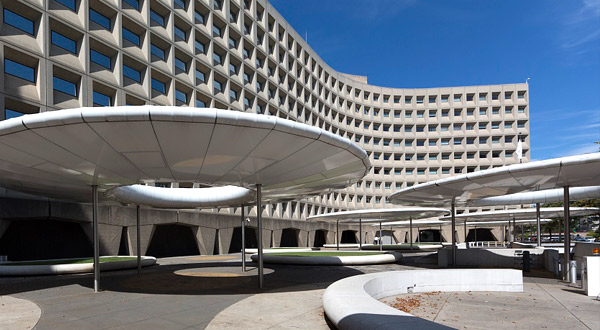January 26, 2021

The FHA and HUD have made a major announcement; FHA home loans are now available for those who are not U.S. citizens but who are living in the country under the protection of a program called Deferred Action on Childhood Arrivals (DACA).
In 2012, President Barack Obama issued an executive order that basically replaced DACA legislation which had failed to pass in Congress. President Donald Trump attempted to overturn DACA protections but was rebuffed by the Supreme Court.
Now, those living in the USA and protected under DACA laws have the ability to apply for an FHA home loan–something that wasn’t permitted in the past.
Effective January 19, 2021, the FHA, “…is permitting individuals classified under the “Deferred Action for Childhood Arrivals” program (DACA) with the U.S. Citizenship & Immigration Service (USCIS) and are legally permitted to work in the U.S. are eligible to apply for mortgages backed by the FHA” according to the HUD official website.
It’s a major change from previous FHA policy. HUD 4000.1, the FHA Single Family Home Loan Handbook, previously stated:
“Non-US citizens without lawful residency in the U.S. are not eligible for FHA-insured mortgages.”
The notion of “lawful residency” was established prior to DACA, “…and thus did not anticipate a situation in which a borrower might not have entered the country legally, but nevertheless be considered lawfully present.” Hence the motivation for the change in policy.
The HUD official site states that the rules are now changed, and the line about “lawful residency” is being removed from future versions of HUD 4000.1.
Other FHA loan rules (which apply to all applicants) still apply for DACA applicants who seek FHA loans:
All must meet the following requirements as applicable including occupancy (The property must be the borrower’s principal residence) and the applicant must have a valid Social Security Number (SSN). This applies except for those employed by the World Bank, a foreign embassy, or equivalent employer identified by HUD;
The borrower must be eligible to legally work in the U.S.A., “as evidenced by the Employment Authorization Document issued by the USCIS” where applicable.
An Employment Authorization Document is required to substantiate work status. The HUD official site reminds, “If the Employment Authorization Document will expire within one year and a prior history of residency status renewals exists, the lender may assume that continuation will be granted. “
And what about borrowers residing in the U.S. by virtue of refugee or asylee status granted by the USCIS? HUD says these applicants are “automatically eligible to work in this country. The Employment Authorization Document is not required, but documentation substantiating the refugee or asylee status must be obtained.”

